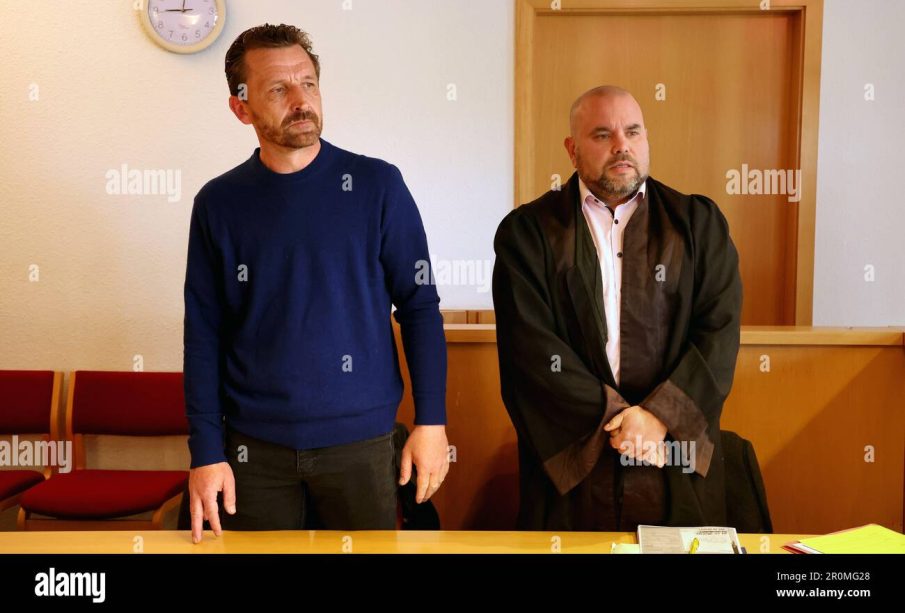The Essential Role of Funeral Directors in Grieving

Introduction
Funeral directors are a crucial part of the bereavement process, providing essential support to families facing one of the most challenging times in their lives. The responsibilities of a funeral director extend beyond merely arranging services; they are often the primary point of contact, offering emotional support and practical assistance to the bereaved. As society evolves, the role of funeral directors is adapting to meet the changing needs of the community.
Responsibilities of a Funeral Director
Funeral directors are responsible for managing all aspects of the funeral process, from the initial arrangements to the final farewell. They help families navigate the complexities of choosing burial or cremation services, selecting caskets, and planning memorial services. Importantly, they also handle the necessary paperwork, including death certificates and permits, ensuring compliance with local regulations.
In the UK, funeral directors have been granted a professional status which reflects the necessary skills and training required in this sensitive field. Many are members of recognised professional bodies, such as the National Society of Allied and Independent Funeral Directors (SAIF) or the National Funeral Directors’ Association (NFDA), which ensure adherence to high ethical standards and best practices.
Challenges Faced by Funeral Directors
In recent years, the funeral industry has encountered various challenges, including changing consumer preferences and an increasingly competitive market. The COVID-19 pandemic has further reshaped the landscape, leading to a higher demand for innovative and flexible funeral options. Many families began to explore alternative memorial services, such as online streaming of funeral services, reflecting a more personalised and digital approach to remembrance.
Additionally, issues concerning transparency in pricing have led to increased scrutiny of funeral homes. The Competition and Markets Authority (CMA) has issued guidelines aimed at ensuring consumers are treated fairly and that they have clear access to pricing information.
Conclusion
The role of funeral directors is more important than ever as they adapt to the evolving needs of society. Their expertise and compassion provide vital support to families during their most difficult times, ensuring that loved ones are honoured with dignity and respect. As the industry continues to change, funeral directors are likely to innovate and evolve, embracing new technologies while maintaining the core values of service and compassion. Understanding the role of funeral directors not only helps individuals prepare for future needs but also fosters a greater appreciation for the vital services they provide in our communities.








